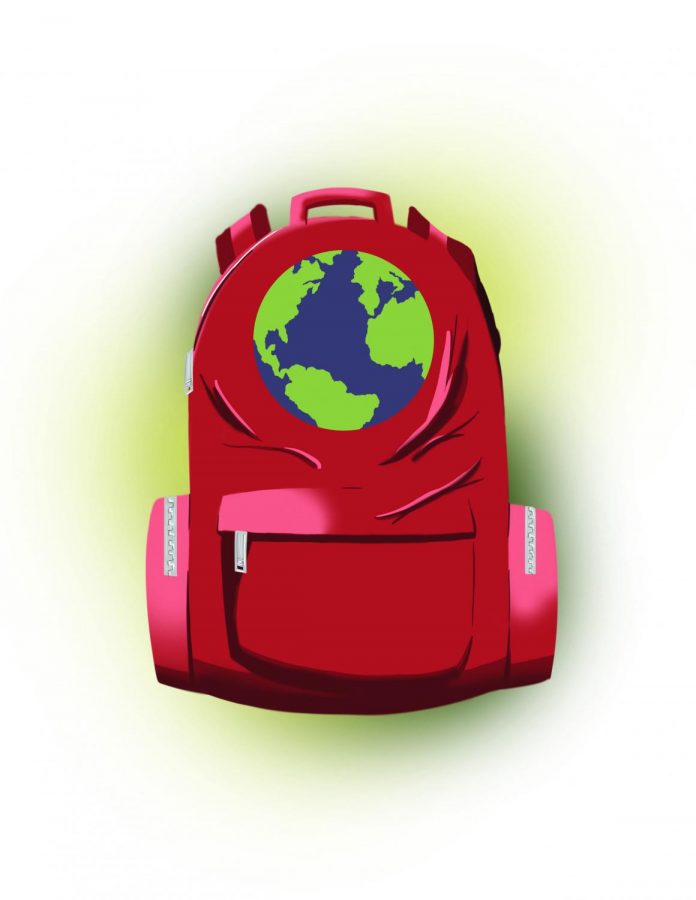MSI aims to increase youth climate change education
November 21, 2016
To help inform a younger generation on the effects of climate change, the Museum of Science and Industry received a 3-year grant of approximately $500,000 from the National Oceanic and Atmospheric Administration.
The grant will be used to implement a new educational program encouraging youth to lead the battle against climate change, according to Bryan Wunar, the museum’s director of community initiatives in the Center for the Advancement of Science Education.
The program expands the museum’s existing outreach to promote youth engagement in the sciences, Wunar said.
“[The grant will] position youth as the advocates to inform the public, and to change behaviors that could reduce the human impact on the environment,” Wunar said.
Combating the growing dangers of climate change will take dedication from multiple generations, and educating younger generations on how to address climate change should be a priority, according to environmental science experts.
Elizabeth Kocs, director of Programming and Outreach for the Energy Initiative at the University of Illinois at Chicago, said the museum’s efforts are needed because of the common misconceptions about shifts in the Earth’s climate.
“People often make the mistake of thinking climate change just means the temperatures are warmer,” Kocs said. “[In actuality], it creates different weather patterns, which lead to disastrous weather events.”
The program, in the early stages of planning according to Wunar, will begin its pilot program in January 2017 and will immerse students in environmental science and sustainability. Students who enter the program will have the opportunity to become interns at the museum the following summer.
Three groups of 30 high school students are expected to begin the program, Wunar said. He added that students will become facilitators for future outreach plans, such as after-school programs. These programs would reach approximately 100,000 students in Chicagoland.
Max Berkelhammer, a professor in UIC’s Department of Earth and Environmental Sciences, said education is the key to raising awareness and curbing the damages caused by greenhouse gases. However, he said there should be additional efforts made, such as improvements in infrastructure standards.
It is important for people to understand how greenhouse gases impact the environment, Berkelhammer said, and he is in the process of developing a class, “Climate and Land Interactions,” that will explain how human activity can influence the climate.
He added that society is moving in the right direction with renewable energy and the Paris climate agreement, a voluntary effort by nearly 200 countries to strengthen the global response climate change. However, President-elect Donald Trump has stated plans to withdraw from this agreement.
“There are still a lot of damages we can avoid, and we need to be proactive,” Berkelhammer said. “[However], it would be naive not to embrace measures to prepare for [unpreventable changes].”
Kocs said the damages climate change causes are “shared problems,” and there are often hurdles that slow progress.
“Oftentimes, policies and regulations are lagging behind technological advances,” Kocs said. “The status quo system can be a barrier to changing.”
MSI has partnered with three additional science centers in Ohio, Indiana and Wisconsin, and in the third year of the grant, the museum plans to share what it has learned to help its partners position youth in their communities to become advocates for action against climate change, according to Wunar.
“We hope this is something that science centers around the world might consider as an approach to increase environmental literacy,” Wunar said.








